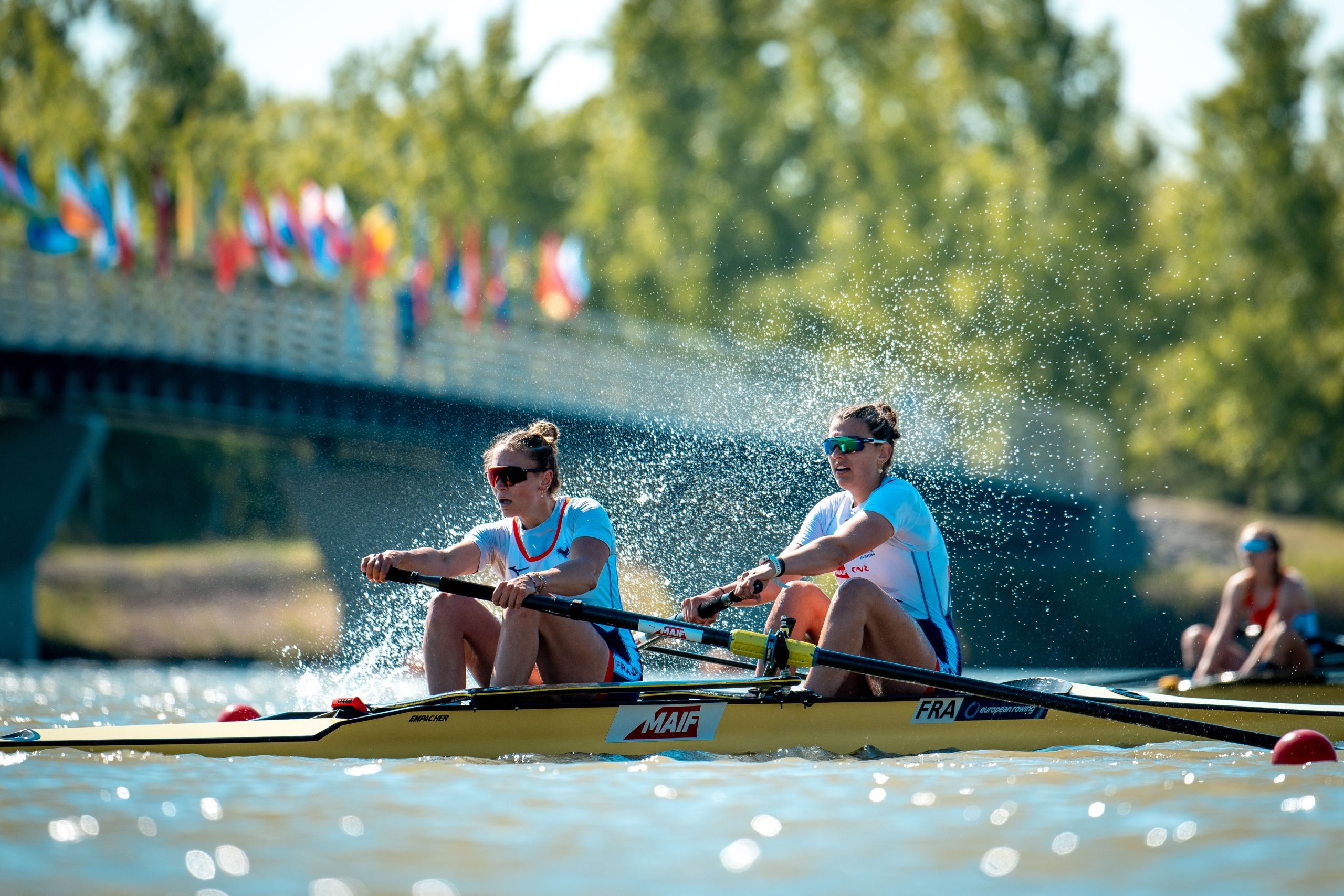“Healthy freshwater and coastal ecosystems are critical for rowers and rowing. But they are far more important than that. They are central to water and food security, tackling the climate crisis, reversing nature loss and driving sustainable development.”
The opening page of the Healthy Waters Alliance Guide, produced by World Rowing and WWF, makes it immediately clear: when freshwater ecosystems are under threat, sport – and life on Earth – suffers.
That understanding led World Rowing, one of the first signatories to the Sports for Nature Framework, to deepen its partnership with WWF after a decade of collaboration, moving beyond awareness-raising to tangible action on the ground.
Unveiled in Genoa, Italy, in September 2024, the Healthy Waters Alliance serves as a central platform for National Rowing Federations, event organising committees, rowing clubs and conservation professionals. By working with WWF’s national and regional offices, these groups can collaborate on conservation initiatives that benefit not only rowing but also local communities, economies and ecosystems.
The Alliance encourages co-creation and joint delivery of projects that protect and restore water resources, ensuring they remain healthy for future generations. As Stuart Orr, WWF Global Freshwater Lead, put it during the launch, the partnership is a “unique opportunity to bring the rowing and conservation communities together around a common goal”.
In practice, projects can be initiated by rowing clubs, athletes, National Rowing Federations, event organisers or local WWF offices. Those supported by the Healthy Waters Alliance can achieve recognised project status, amplifying their impact.
At the launch, two pilot projects were showcased: a Seabed Cleanup organised by the 2024 World Rowing Coastal Championships and Beach Sprint Finals organising committee, WWF Italy and NGO Spazzapnea; and the Adopt a Beach initiative, a collaboration between WWF offices in Tunisia, Greece, Turkey and Italy. Several local Italian rowing clubs joined this initiative.
A third initiative, the pilot project Water Wardens by Rowing, led by the French Rowing Federation (FFA), also a Sports for Nature Framework signatory, and co-financed by the European Union, empowers rowers to promote positive behaviour change in water use, management and protection.
To further strengthen the movement, World Rowing has appointed two athlete ambassadors – Christine Cavallo (USA) and Martin Helseth (Norway) – both of whom have a deep connection to nature. As well as competing on the water, Cavallo works with private sector organisations on climate and ecological security as part of her role with the UN Global Compact, while Helseth is an IOC Sustainability Ambassador and EU Climate Pact Ambassador for his efforts in keeping the waters he trains in free from trash. The goal is to expand this into a global Athlete Ambassador Programme, with representatives from each continent.
According to World Rowing Development and Sustainability Coordinator Maike Betts, the Healthy Waters Alliance also aligns with World Rowing’s Climate Action Plan. This includes ensuring event locations are left in a better state than they were found, alongside a strategic focus on carbon insetting through initiatives such as marine ecosystem regeneration, seagrass restoration and mangrove reforestation.
Looking ahead, World Rowing aims to develop a few flagship Healthy Waters Alliance projects each year, deepening engagement with National Rowing Federations and event organisers while driving meaningful impact.
